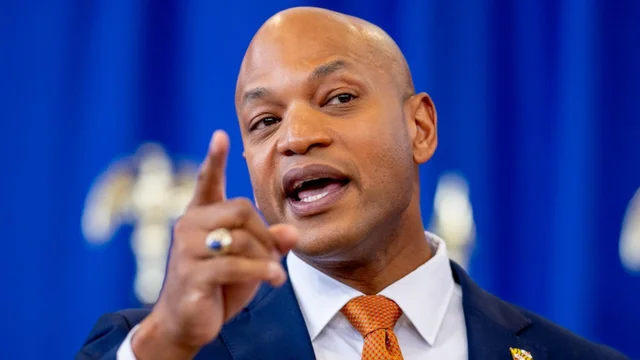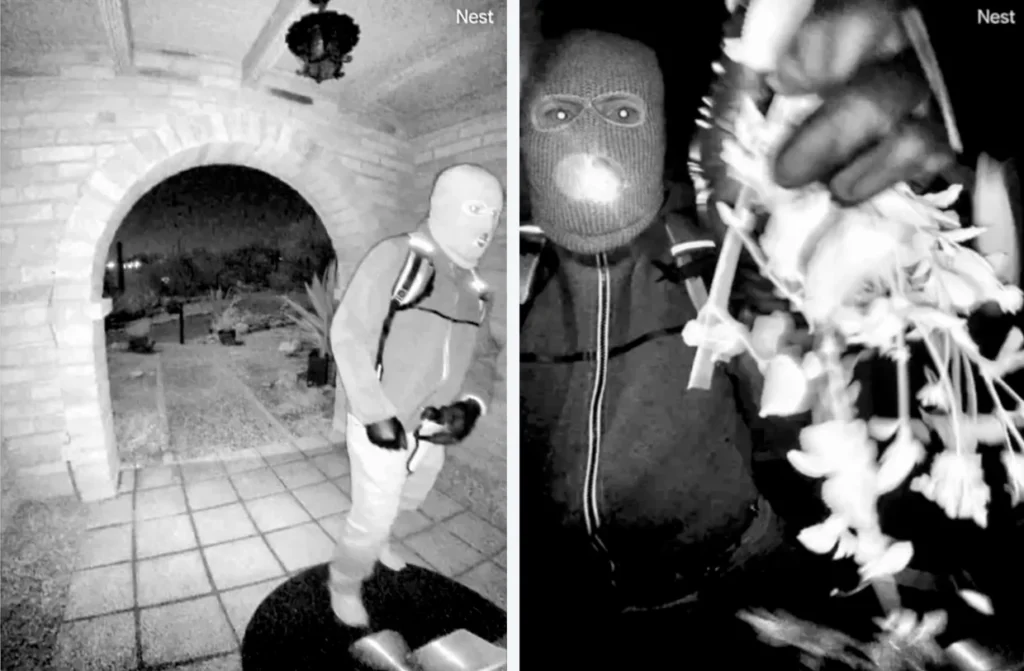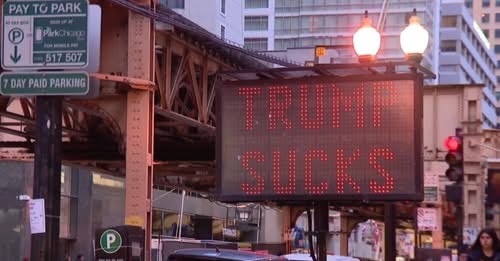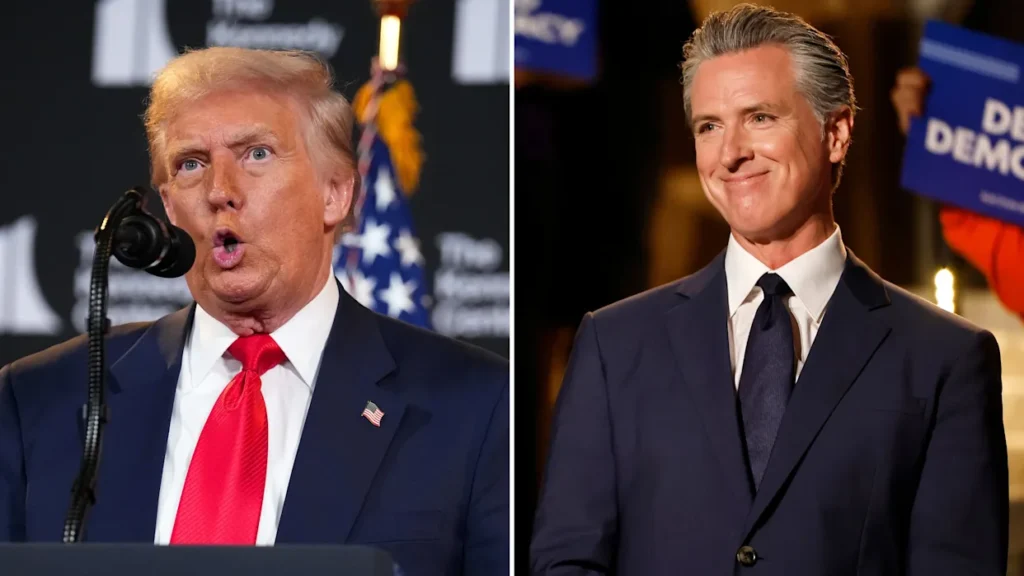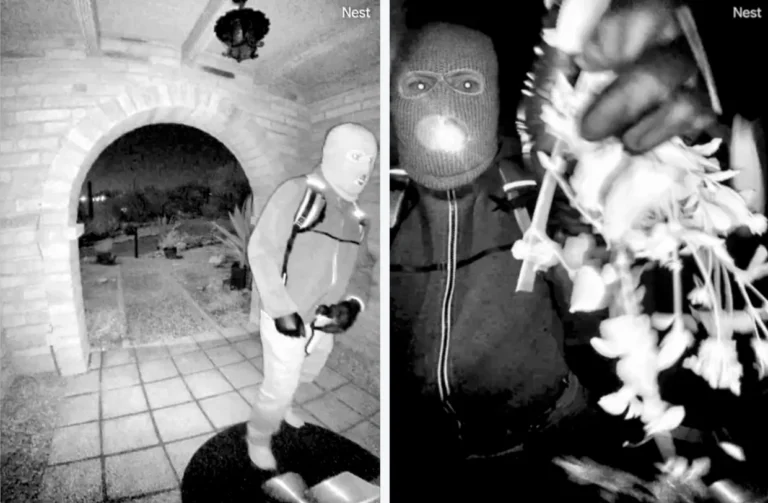Trump 2020 Election Case Update, Special Counsel Jack Smith and the former president Donald Trump’s legal team made their second court appearance on Thursday, resuming the 2020 election lawsuit. The case has been reopened in light of the Supreme Court’s landmark decision on presidential immunity, and U.S. District Judge Tanya Chutkan is currently managing it. We examine the latest developments in the case, the disputes on chronology between the prosecution and defense, and the legal tactics used in this piece.
Special Counsel’s Immunity Ruling Shapes the Case
In light of the July ruling by the Supreme Court that extended immunity for “official acts” undertaken by presidents, Trump’s legal team is still arguing that the charges ought to be dropped. The former president is accused of conspiring to rig the 2020 election, but his attorneys are relying heavily on the immunity shield to protect him from prosecution. While the Supreme Court ruled that some of Trump’s conduct during his presidency were protected, Judge Chutkan was left to make decisions regarding other actions, including those connected to his campaign.
Trump’s Defense Strategy
John Lauro, Trump’s attorney, reiterated the former president’s not guilty plea during the most recent hearing. Chutkan, however, questioned this assertion, pointing out that D.C. federal appeals court precedent supports the special counsel’s jurisdiction.
Prosecution Pushes for Swift Pretrial Proceedings
The office of the special counsel has suggested expeditiously pursuing pretrial motions in order to synchronize the schedule with the latest rule on Supreme Court immunity. According to Thomas Windom, one of Smith’s lead prosecutors, the case should proceed with briefs and motions filed concurrently, addressing both the immunity issues and other related motions. The prosecution has indicated that they plan to present evidence both inside and outside the new indictment, including grand jury and interview transcripts.
Prosecutors Prepare for Trial
Separating Trump’s official presidential acts from his private campaign activities is a key component of Special Counsel Jack Smith’s team’s ongoing efforts to hone its case. The prosecution wants to prove that immunity only covers formal presidential duties and not Trump’s efforts to rig the election during his campaign. The latest indictment, which was unsealed last week, still includes four counts against Trump, including conspiracy to defraud the United States.
Timeline Disputes Between Trump’s Team and the Prosecution
One of the central points of contention in Thursday’s hearing was the timeline for pretrial motions and proceedings. The goal of Trump’s legal team’s delayed timeframe is to take the case well beyond 2025. Delaying the trial until after the 2024 presidential election is a calculated tactic, given that Trump is aggressively pursuing a second term in power. To get the case to trial in 2024, however, the special counsel has pushed for a quicker pretrial process.
The Judge Chutkan’s Reaction
Although a trial date would be “an exercise in futility” at this point, Judge Chutkan has not yet established a schedule. It is evident from her emphasis on the intricacy of the issue and the probability of further appeals that neither party should anticipate a speedy conclusion. She did, however, voice her displeasure with the defense’s attempt to contextualize the case in light of the impending presidential election. Chutkan rejected any attempts to connect the court case with the political campaign, emphasizing that the court is not concerned with election dates.
Legal Challenges Ahead: What’s Next for Trump?
Trump 2020 Election Case Update, Even though Trump’s legal team has stated that they intend to file more motions to dismiss the fresh charge, the immunity defense is still a key component of their approach. The ruling of the Supreme Court may be utilized to refute the obstruction and conspiracy allegations even more. It’s expected that Trump’s team will dispute some of the allegations as well, pointing to official actions that are protected, such their discussions about the reversal of state electoral votes with former Vice President Mike Pence.
Chutkan’s Key Decisions on Immunity
Determining which of Trump’s conduct qualify as “official acts” covered by presidential immunity is a difficult issue for Judge Chutkan. Examining Trump’s communications with state representatives, remarks in public, and posts on social media will be necessary to do this. Chutkan conceded that some of the actions might be presumed to be exempt, but the prosecution is ready to refute this by drawing a distinction between actions related to the campaign and official obligations.
The Broader Impact of the 2020 Election Case
The outcome of this case holds significant political and legal implications. Trump’s legal battles are unfolding as he campaigns for the 2024 presidential election, and the case’s progression could affect both his candidacy and public perception. Moreover, the case sets important legal precedents regarding presidential immunity and the limits of executive power. The Supreme Court’s decision, which clarified the scope of immunity for presidents, will likely continue to influence how similar cases are prosecuted in the future.
For more latest news checkout our website: latestglobalinsight




